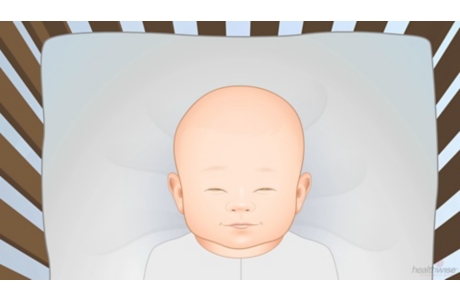Medicine Use While Breastfeeding
Overview
Talk to your doctor before you take any prescription or over-the-counter medicines while breastfeeding. That's because some medicines can affect your breast milk.
Many medicines are safe to use when you breastfeed. These include:
- Pain relievers, such as acetaminophen (Tylenol) and ibuprofen (Advil, Motrin).
- Some cold and influenza (flu) medicines.
- Most antibiotics.
- Antidepressants.
- Anticoagulants (blood thinners).
- Diabetes medicines (such as insulin).
- Decongestants with pseudoephedrine (such as Sudafed). But these can reduce your milk supply and make your baby irritable.
Experts recommend that you do not take codeine or tramadol while breastfeeding. They can harm your baby. Read the label on pain medicines and cough and cold medicines, because they may contain codeine or tramadol.
Consider the following before you take medicines while breastfeeding:
- Use the safest medicine available. Ask for the medicine that produces the lowest, safest levels of the drug in breast milk.
- Avoid using long-acting forms of over-the-counter medicines. Medicine levels may build up quickly in your baby.
- Ask your doctor or pharmacist about the best time to take your medicine to reduce the effect on your baby. This is often just after a feeding.
- Watch for medicine side effects in your baby. Tell your doctor about any fussiness, rash, changes in feeding or sleeping patterns, or other concerns.
If you must take a medicine that isn't safe for your baby, you will need to stop breastfeeding while you take it. You can feed your baby stored breast milk, donated breast milk, or store-bought formula. But keep up your milk supply by pumping and throwing away the milk. When the medicine has left your system, you can go back to breastfeeding your baby.
Medicines for low milk supply
Talk to your doctor before taking any medicines or natural health products to increase your milk supply. The effect of some medicines and natural health products on milk supply haven't been well studied. They may have side effects.
If you don't think your baby is getting enough milk, try breastfeeding more often. If this doesn't help, talk to your doctor or lactation consultant. If you have a problem with your milk supply, they can help you solve it.
Credits
Current as of: April 30, 2024
Current as of: April 30, 2024






